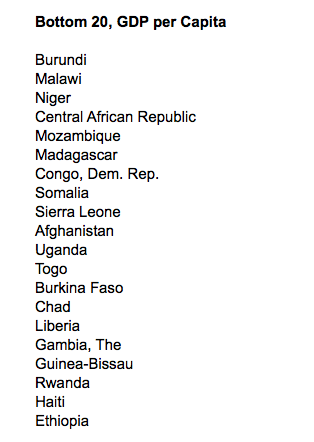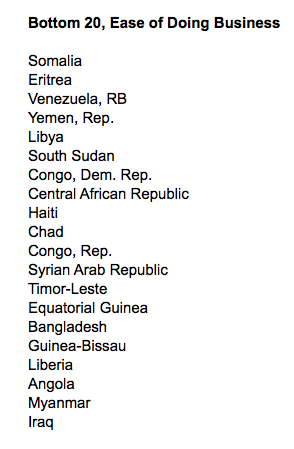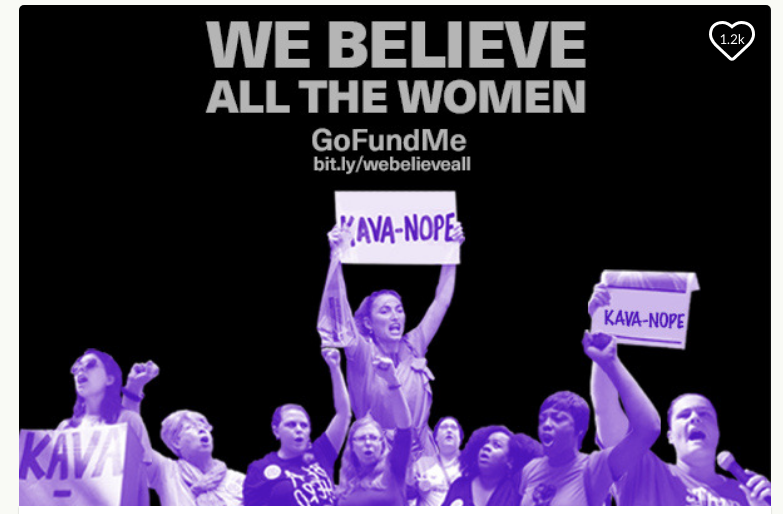One year ago this month I posted the first-ever ‘Shithole Country Index’, memorializing Donald Trump’s famous remark from January 11, 2018: “Why do we want all these people from ‘shithole countries’ coming here?” This article presents the 2019 version of the index. I don’t endorse the idea that national origin determines the desirability of an immigrant, but I definitely do endorse the idea that shithole countries exist.
My version of the list (we probably all have our personal lists, and none include Canada, right?) combines the World Bank’s separate lists of GDP per capita and ease of doing business. One list indicates economic success, the other indicates level of effort. To be classed as a shithole country you must appear in the bottom twenty on BOTH lists. In other words you are at the very same time both a world class failure, and not trying to do anything about it.


The 2nd Annual Shithole Country List is as follows:
Central African Republic
Chad
Democratic Republic of Congo
Guinea-Bissau
Haiti
Liberia
Somalia
Italic text indicates countries that appear in both the first and second year lists.
Bottom Line
Appearance in the Shithole Countries List indicates epic cultural/civilizational failure. I note that the only non-African country to appear on the list this year is Haiti. No Asian countries are on the list; no European countries; and from the western hemisphere, only Haiti. To anyone surprised or confused by this, I recommend that you read Niall Ferguson’s book “Civilization, the West and the Rest”.
